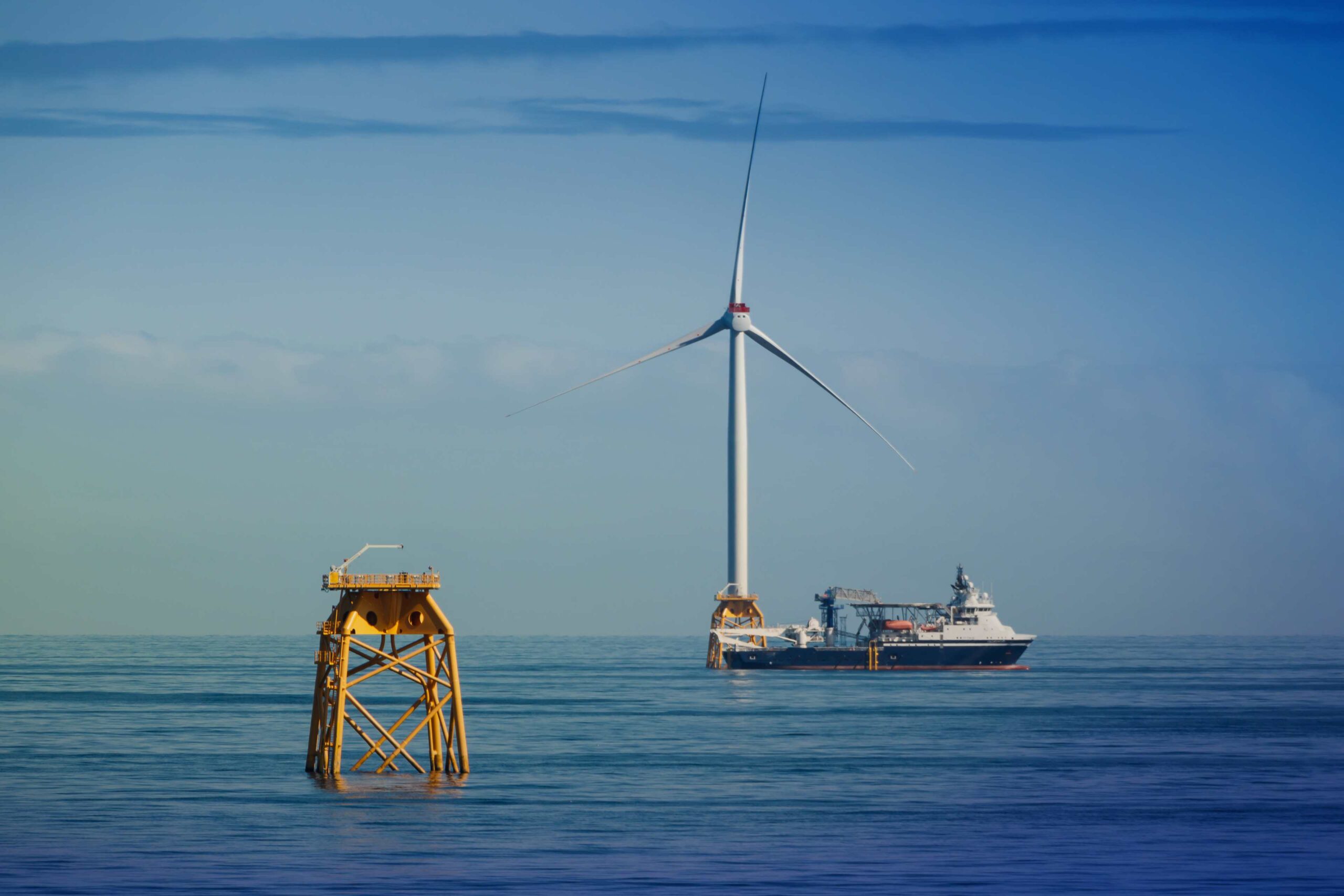In a globalized and hyper-connected world, we rely on a multitude of transportation technologies every day. Whether by land or by sea or even by air, the cars, trains and planes that we frequent have been largely responsible for shaping the world we live in today. And from the advent of the wheel to electric cars and rocket engines, transportation has always been an area ripe with change.
The transportation industry is one of largest globally, worth upward of $7 trillion. In a field so large and so valuable, there’s always room for improvement, and this past year was no exception. Companies in this area made significant commitments to produce transportation technology in the name of sustainability and efficiency. Across the board, there was no shortage of invention in transportation systems and technologies.
Looking back, 2023 was a year full of bold and creative innovations for the future of transportation. Dassault Systèmes is proud to have enabled some of these ideas.
Transportation advancements on land
California-based Evolectric is repurposing diesel trucks and breathing new, sustainable life into them. They’re taking vehicles that would normally be scrapped at the end of their usable life and making them useful again. Using the 3DEXPERIENCE platform to manage all their processes, Evolectric is creating what they call CircularEVs™. Swapping out the internal combustion engines of the trucks, their engineers give the trucks a second life – one that’s much greener and cleaner than their original iteration.
Future transportation, though, isn’t limited to electric vehicles on the road. The idea of transportation might typically conjure images of cars and trains. But in reality, the concept includes much more than that. How we transport ourselves in the most minute ways – say, around the house – is also of significance. 3DEXPERIENCE Lab accelerator start-up Hopper focuses specifically on this.
They’re creating multi-purpose prosthetic blades that can be used for running, walking, hiking and more by those experiencing impaired mobility. Their blades are an answer to gaps in the prosthetics market, in which items are often costly and hyper-specific for activities. By making an option that can be used for nearly anything – and which is both more affordable and cost-effective than existing options – they’re making life-changing transportation technology a reality. This area – call it micro-transportation – makes movement possible for those who need it most.

Smart transport technology takes to the seas
Maritime transportation is a massive part of the shipping industry, and accounts for some 90% of goods that traverse the planet every day. That translates to thousands of cargo ships constantly crossing the Earth’s oceans, and more often than not, polluting them.
Earlier this year, the United Nations formally adopted the High Seas Treaty, which calls for cooperation in “conserving marine life and restraining harmful activities” in the open ocean. While conservation and transportation might not necessarily sound like one in the same, there’s an argument to be made that perhaps, they are. As new transportation is focused increasingly on environmentally-friendly practices, protecting not just the atmosphere and air we breathe but the animals around us and their habitats is increasingly important, too.

To empower companies to make their sea vessels as sustainable and efficient and possible, Dassault Systèmes’ Sea Boat Builder offers tools for maximizing production capacity while reducing waste. By making eco-friendly solutions accessible, this solution is part of a growing movement to ensure every aspect of transportation is made as clean as possible for the environment. Leveraging transportation technology enables companies to achieve exactly this.
Transportation innovations in the air
Ubiquitous though it may be, air travel and transportation is still a shockingly new industry. And that means there’s plenty of room for innovation in this space. One start-up in the 3DEXPERIENCE Lab accelerator, Sylphaero, has a unique approach to making air travel more sustainable.
Their goal is to remove the need for planes to burn ecologically damaging fuel. The company is instead electrifying jet engines to make them cleaner, more powerful and even more reliable. Electrifying the engines, instead of simply using electric ones, creates a plasma that powers aircraft to travel at significantly faster speeds than previously thought achievable. Electric engines max out at around 400 miles per hour and traditional fuel gets planes to around 700 miles per hour, but Sylphaero’s solution could see them cruising even faster.
Dassault Systèmes customer Ascendance Flight Technologies is taking a different approach to futuristic technology in the sky. They’re developing hybrid electric vertical takeoff and landing aircraft. An innovative five-seat airplane, it’ll have a 400-kilometer range, cruising speed of 200 kilometers an hour, and will emit fewer than 80% of carbon emissions compared to its fuel-powered counterparts. An improvement in sustainable transportation, the aircraft – which are designed and produced in part on the 3DEXPERIENCE platform – can be used for transportation, logistics, emergency transport and more.
2024: Looking to future transportation
Transportation technology doesn’t just shape the way we get around, it shapes the world that we live in, and the way the future is built. Cities are increasingly considering different types of transportation systems and how emerging transportation technologies can contribute to increased quality of life for urban residents. Smart cities and neighborhoods of the future will be constructed around new transportation systems and trends, some of which – like driverless cars – are already taking shape.
What will the future of transportation look like? It’s impossible to say for sure. This area is one that’s constantly changing and adapting with shifting needs and requirements. From consumer demand to international rules and regulations, transportation is an area that continues to innovate.

